As an independent journalist, sometimes working from home can feel isolating.
Sure, I have my cats and reruns of Dallas, but staying confined to my bedroom’s four walls while furiously typing away can induce pseudo-cabin fever. And setting up shop in a local coffee joint isn’t always better—while there’s activity buzzing around you, you’re still among strangers who may not be up for much conversation.
That’s why coworking spaces like West Philly’s The Fire Works, which recently opened above Dock Street at 701 S. 50th Street, are a growing trend in the city. Coworking hubs give professionals without a permanent workspace an opportunity to be independently productive while building a like-minded, synergized community. It’s a win-win for most people.
For owner Linford Martin, The Fire Works is meant to achieve just that in West Philly. Opened earlier this month, The Fire Works is an enhanced version of a small coworking group that met in a studio at The Cedar Works—Martin’s 15,000 square-foot community-oriented work and meeting space at 4919 Pentridge Street. Martin approached the group in October about joining forces after Philadelphia Community Acupuncture vacated the third floor of the Dock Street firehouse at 50th Street and Baltimore Avenue, which is already home to neighborhood mainstays Dock Street Brewery, Firehouse Bicycles and the Satellite Cafe. The Fire Works, he said, would be a larger coworking community in West Philly built on their foundation.
“Over the past year, I got to know the group better and understand more about how coworking communities function and how important it can be for people working independently or remotely for an organization,” Martin told West Philly Local. “As we brainstormed about how what shape that might take, we got jazzed about the possibilities and decided to go for it. We didn’t (and still don’t) have everything figured out but we’re enjoying working in the space and having informal discussions about how to make this coworking community an enjoyable and productive place to work.”
So The Fire Works set up shop in the former PCA space, which was revamped to include a conference room, small meeting room, kitchenette and a shared work table in an open space accessible to members only. So far, members of The Fire Works include cartographers, activists, educators, web developers, musicians, and writers according to its website.
But coworking in the 2,000 square-foot hub isn’t free. The four levels of membership range from $60 a month for five days of access a month to $200 a month, which gives you 24/7 access as well as desk and storage space. If you want to use The Fire Works beyond your membership allotment, it’s $12 for each additional day.
Still, if you can afford to drop down the cash, The Fire Works is worth checking out—particularly for the chance to connect and collaborate with local creatives.
“As we’re beginning to grow and welcome new members, we’re realizing our coworking community is really an extension of our geographical community,” said Martin. “Most of us see each other around Cedar Park or surrounding neighborhoods and have interactions with each other outside our physical space. It’s been fun to see new connections happening already.”
–Annamarya Scaccia


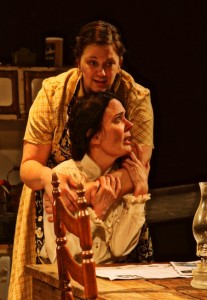
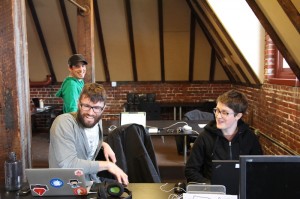
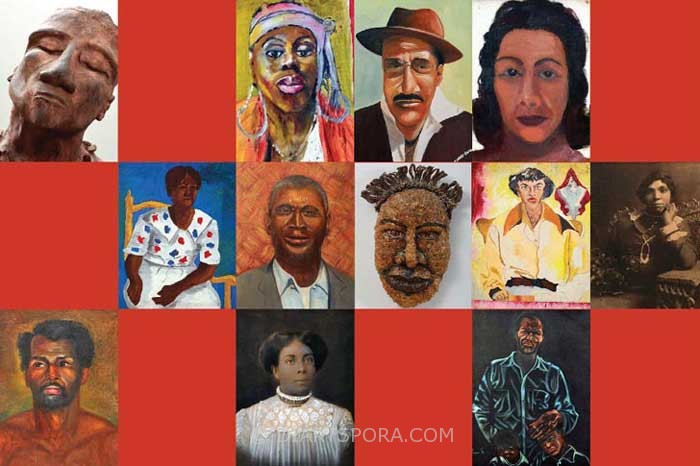
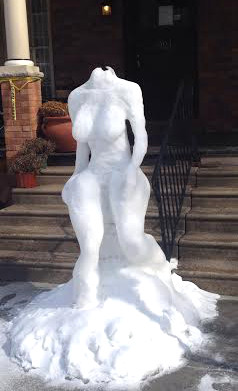
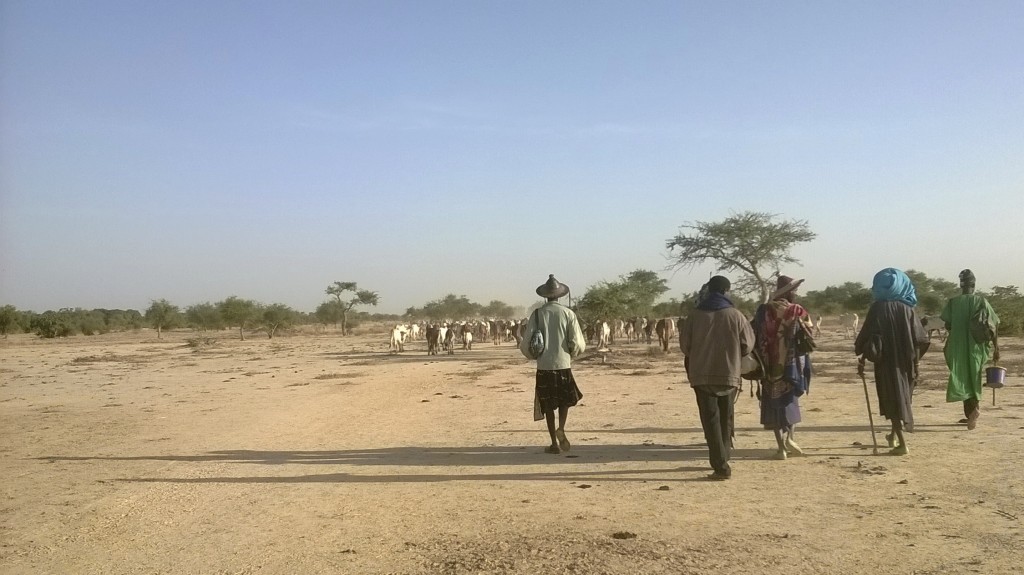
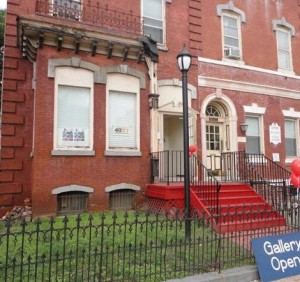



Recent Comments